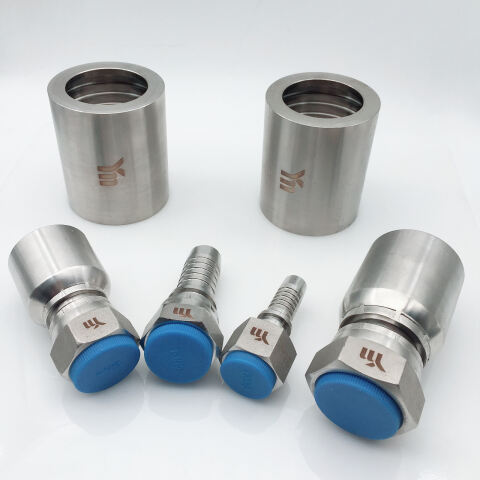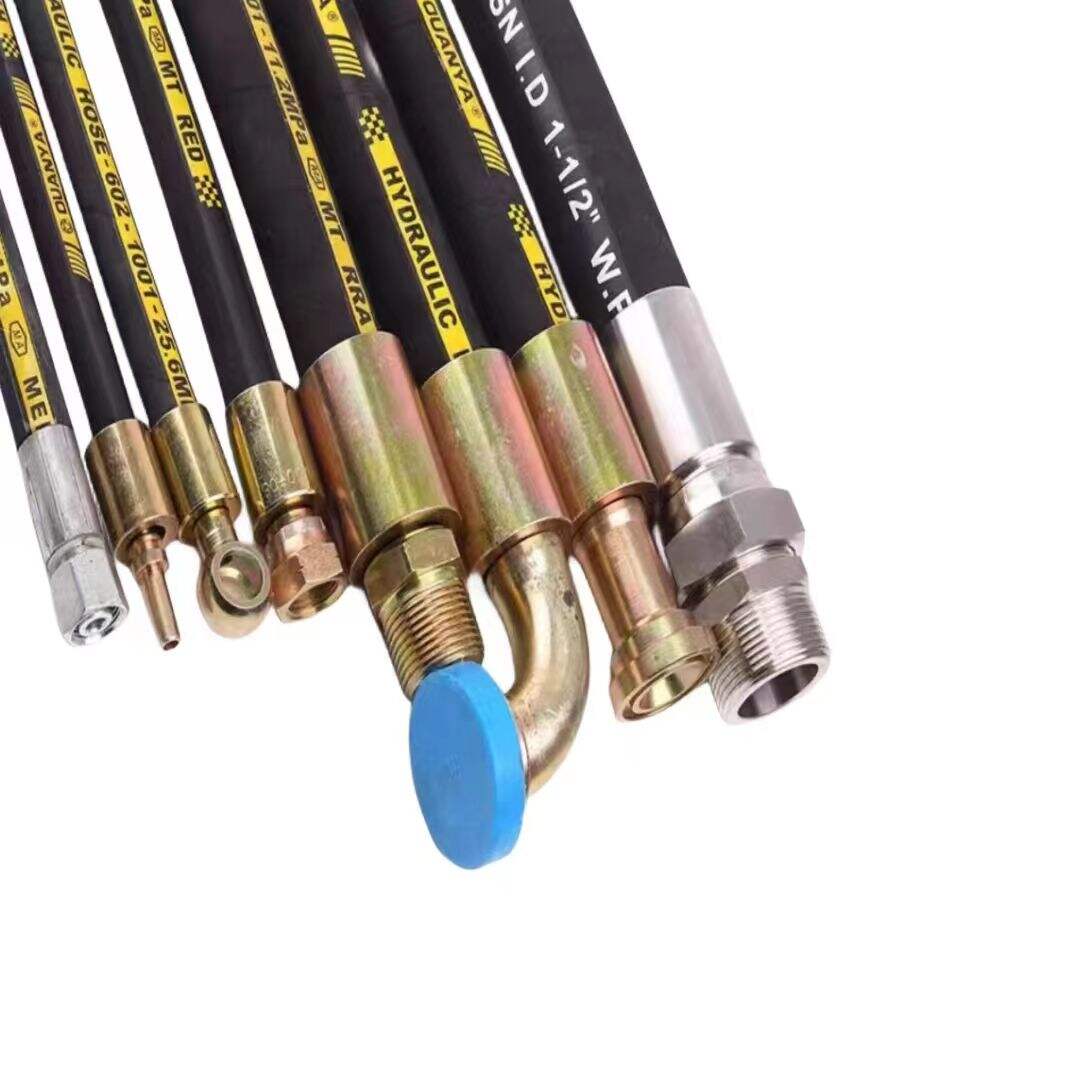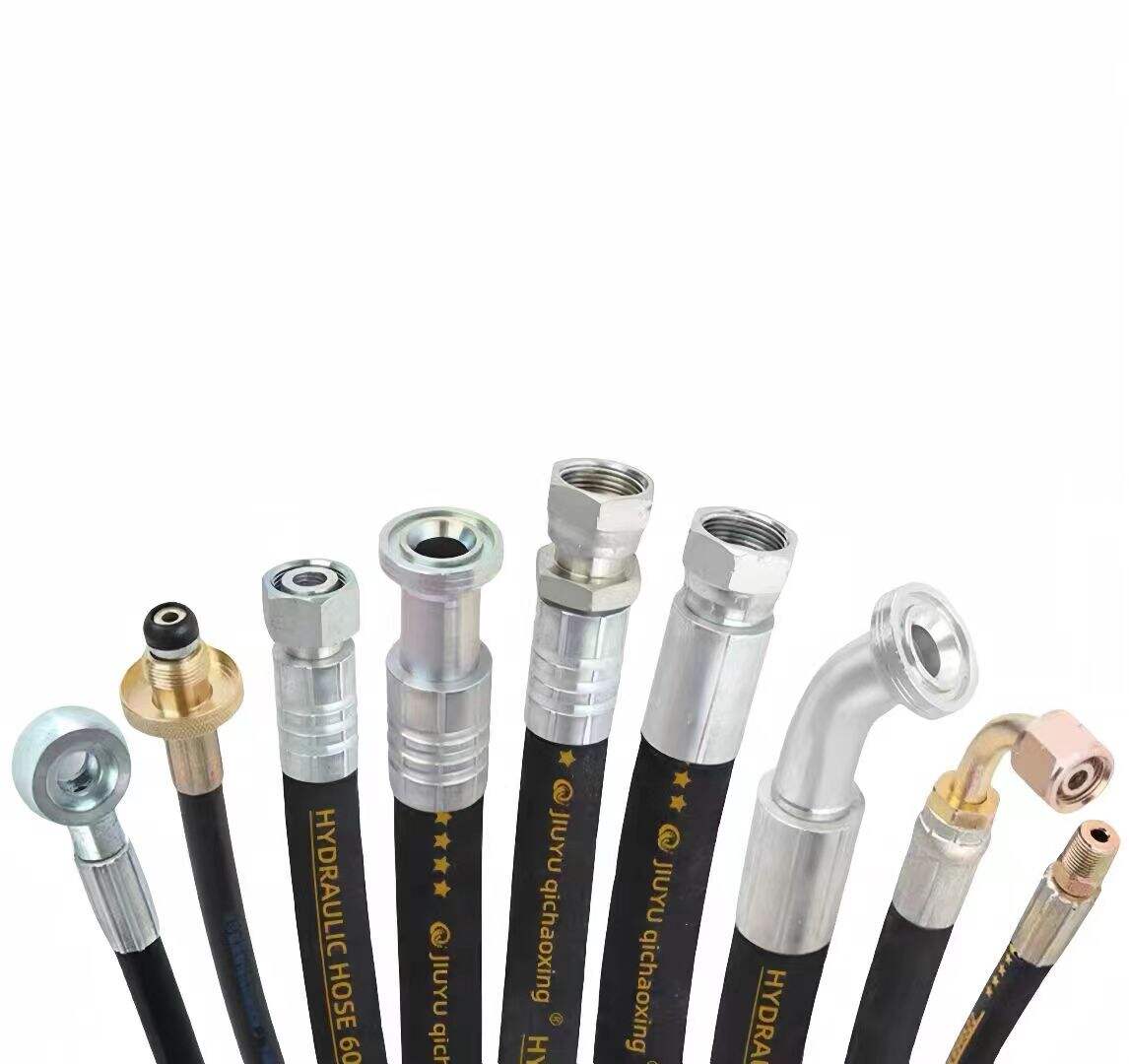hydraulically
Hydraulically powered systems represent a cornerstone of modern industrial and mechanical applications, utilizing fluid power to generate, control, and transmit power for various operations. These systems operate on the fundamental principle of Pascal's law, where pressure applied to a confined fluid is transmitted equally throughout the system. The technology encompasses a network of components including pumps, valves, cylinders, and actuators working in concert to convert mechanical energy into hydraulic power. Key features include precise force control, smooth operation, and the ability to generate significant power with relatively compact equipment. Modern hydraulic systems incorporate advanced sensors and electronic controls, enabling real-time monitoring and adjustment of pressure, flow rates, and temperature. These systems find extensive applications across diverse sectors, from construction equipment and manufacturing machinery to aerospace systems and automotive applications. The versatility of hydraulic systems allows for both linear and rotary motion control, making them indispensable in applications requiring precise movement and force application. Contemporary hydraulic systems also emphasize energy efficiency and environmental considerations, incorporating features like regenerative circuits and bio-degradable hydraulic fluids.


